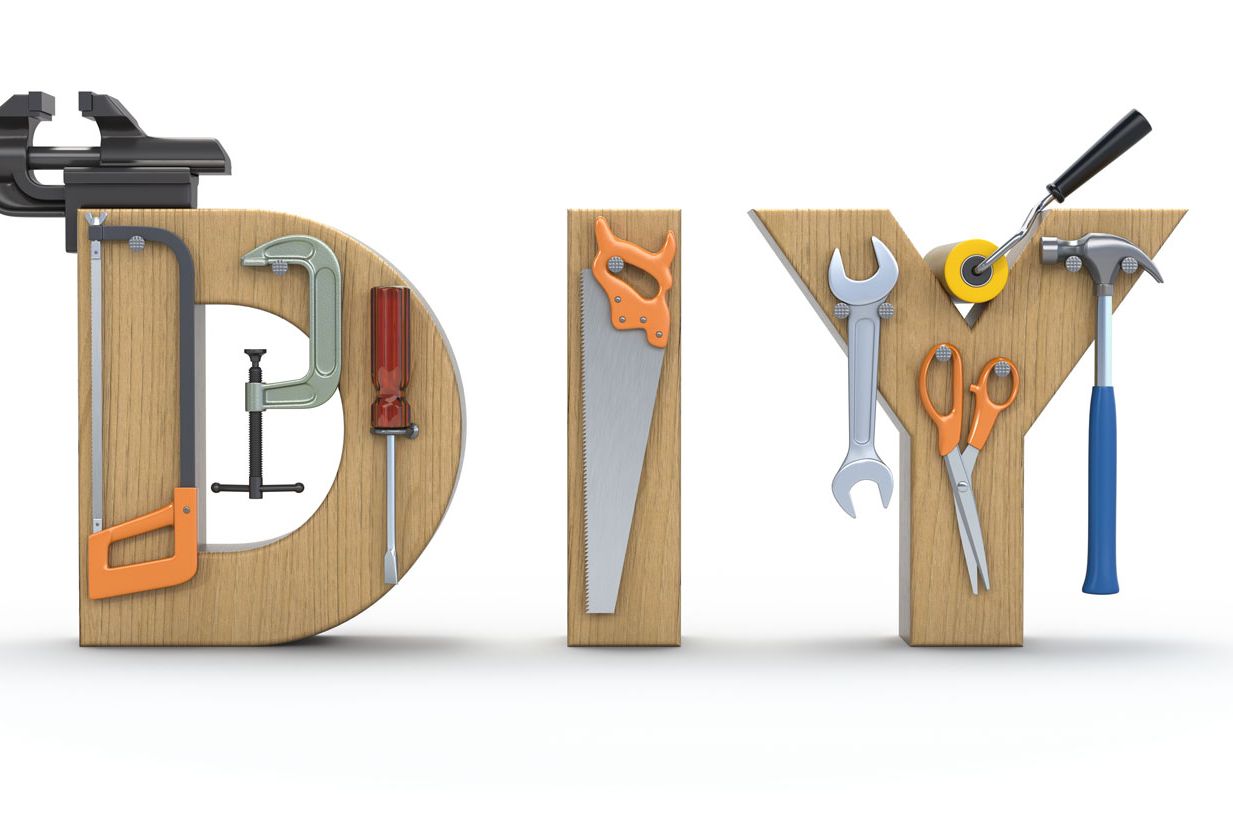There appears to be something of a home improvement boom underway this year; homeowners in the UK are set to collectively spend over £40 billion on property improvements. The costs involved in home improvement are not insignificant, though – a fact leading many to start their first forays into the wonderful world of DIY. But what should you know before you start knocking through your internal walls with glee?
Budget – and Plan – First
It can be easy to get carried away with your DIY efforts, especially when it comes to scope. But with bigger scopes and wider ambitions come an ever-ballooning budget, which can quickly grow beyond your means! Here, planning and budgeting are crucial preliminary steps, to help you maintain control over your projects.
Here, it is also important to mention the importance of knowing your limits. Budgets can expand not just due to ambition, but also due to inexperience. If you’ve never put up a shelf before, you’ll likely struggle building your own stud wall; as such, you should know when to cut your losses and call a skilled professional.
Buy the Right Tools
Of course, you can’t tackle even the simplest of DIY tasks without having the right tools for the job. Building a versatile tool set will help you in all manner of ways, enabling you to try your hand at a wide variety of basic tasks without having to commit to costly, specialised items of equipment.
Screwdrivers and spanners are all well and good for repair work, but household DIY tends to require tools with a bit more ‘welly’. A basic set of DeWalt power tools will give you the functionality you need for a majority of DIY projects, whether drill drivers for furniture-building and masonry drilling or sanders for smoothing out a plaster job.
Start Small
Tempting as a it can be to really get stuck in with a major project, newcomers to DIY should limit themselves to small, basic tasks in order to hone their skills. Simple wall-painting and fixture installations can help you learn your way around your tools, and grow more comfortable with making bigger changes to your home.
For more experience with building skills, used furniture presents a useful opportunity. Upcycling old items of furniture can expose you to new skillsets and help you achieve domestic décor aims at the same time, without risking significant expense in the process.
Ask for Help!
Lastly, but perhaps most importantly of all: you should never be afraid to ask for help when it comes to a DIY task. For one, there are many tasks that become much more difficult if carried out alone. For another, even the most basic of jobs can go awry without the right kernel of knowledge. A spare or guiding hand, whether from a relative or through an online DIY forum, can mean a world of difference for your results – and help you grow as a DIYer.

